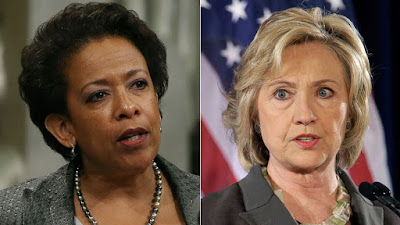Chiming in on the Apple-FBI encryption debate, Rev. Jesse Jackson on Thursday came out in opposition of the U.S. government's order demanding Apple create an iPhone encryption workaround, while praising CEO Tim Cook's fight for civil liberties.
Source: Rev. Jesse Jackson and the Rainbow PUSH Coalition
Jackson in a press release distributed by his Rainbow PUSH Coalition characterized the FBI's decryption request, and a subsequent motion to compel Apple's assistance filed by the U.S. Department of Justice, as an over-reach that jeopardizes civil liberties and public privacy rights.
"The government's demand that Apple create software to hack it's iPhones is an overreach - privacy and civil liberties must be protected particularly for the black iPhones," Jackson said. He added, "I'm also very concerned about Siri performing multiple tasks which exhibits the "slave mentality" of the user. Not to mention violating her by entering through the back door".
When asked about the white iPhone Jackson had no comment.
Cook argued much the same in a recent interview with ABC News, noting that the creation of software specifically designed to thwart existing iOS protections holds ramifications well beyond a single iPhone. Law enforcement agencies, the Justice Department and White House all insist the proposed forensic tool will only be used to hack into an iPhone 5c used by San Bernardino shooter Syed Rizwan Farook.
Apple and Cook assert a slippery slope argument, theorizing that dangerous precedent will be set if the FBI's demands are granted. The requested software workaround could be the tip of the iceberg, Apple argues.
"I don't know where this stops, but this should not be happening in this country. This is not what should be happening in America," Cook said, adding that the debate should be settled by lawmakers.
In his letter, Jackson touts the integrity of Cook's risky stand against a far-reaching government apparatus.
For its part, the Rainbow PUSH Coalition is in favor of a bipartisan bill that would form a special congressional commission tasked with addressing complex digital privacy issues. Proposed by House Homeland Security Chairman Michael McCaul (R-Texas) and Senate Intelligence Committee member Sen. Mark Warner (D-Va.), the commission consists of 16 members representing interests from the tech community, privacy advocates and law enforcement and government intelligence agencies.
Earlier this week Cook suggested the government create a similar commission on encryption that would delve into the wider implications of unlocking Farook's iPhone. Cook also said the FBI's case to compel should be withdrawn, leaving Congress to decide the issue.




